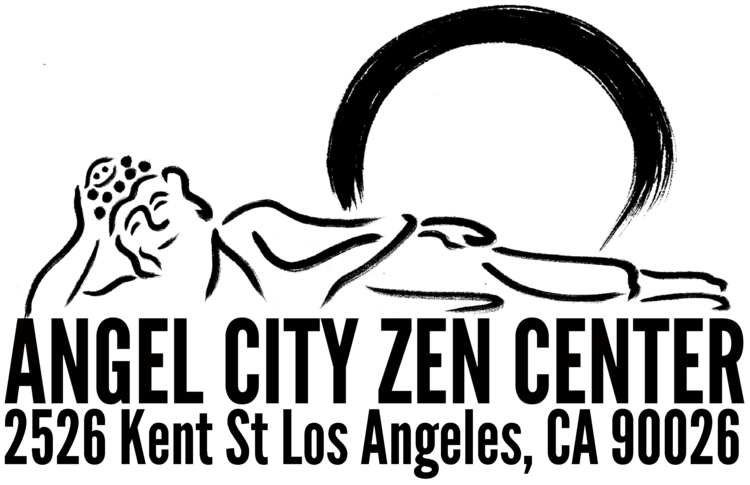"Mental wellness depends on more than what’s in our heads. Our minds are intrinsically tied up with our bodies and the context in which we are embedded. We hope for a science of meditation that makes us more not less mindful of how our brains fit into this bigger picture."
Emma Roy returns with more cold hard science on the professed benefits of meditation and then drops the ever pertinent question, "yes, but is this the point?" With some of the science pointing out that many people develop only the positive or negative results they are told they will achieve, we are left with the question, "what actually is the benefit we're after?" If we say it's nothing, is that all we'll get? But if we say it's something, are we just making placebos? Join us for a deep dive into the true meaning of benefit and what sort of benefits we might find when we sit past the point of looking for the point.
